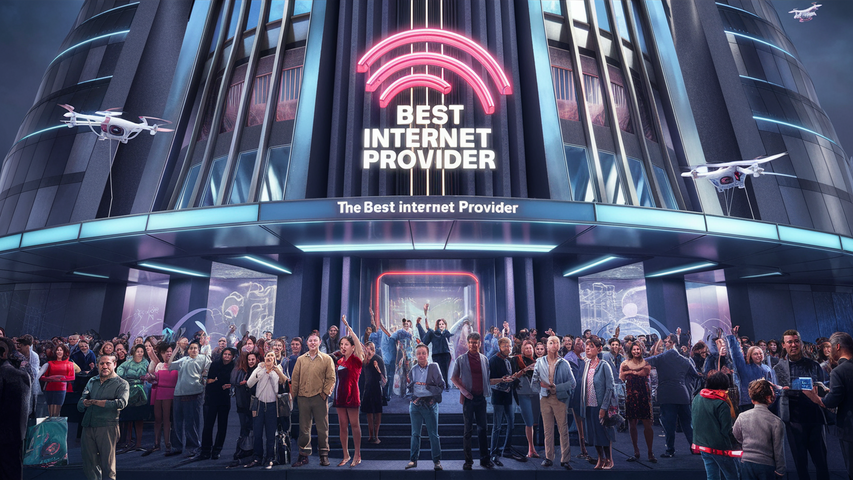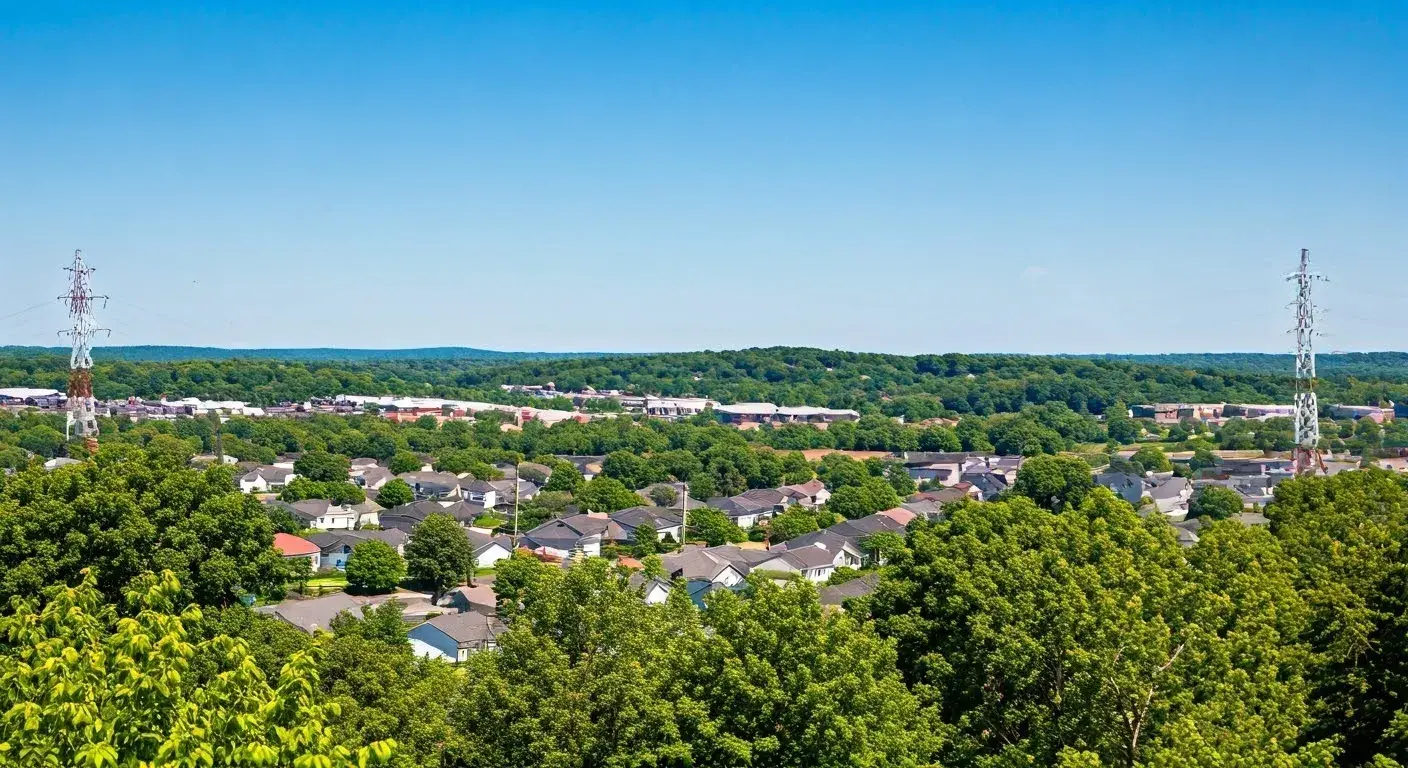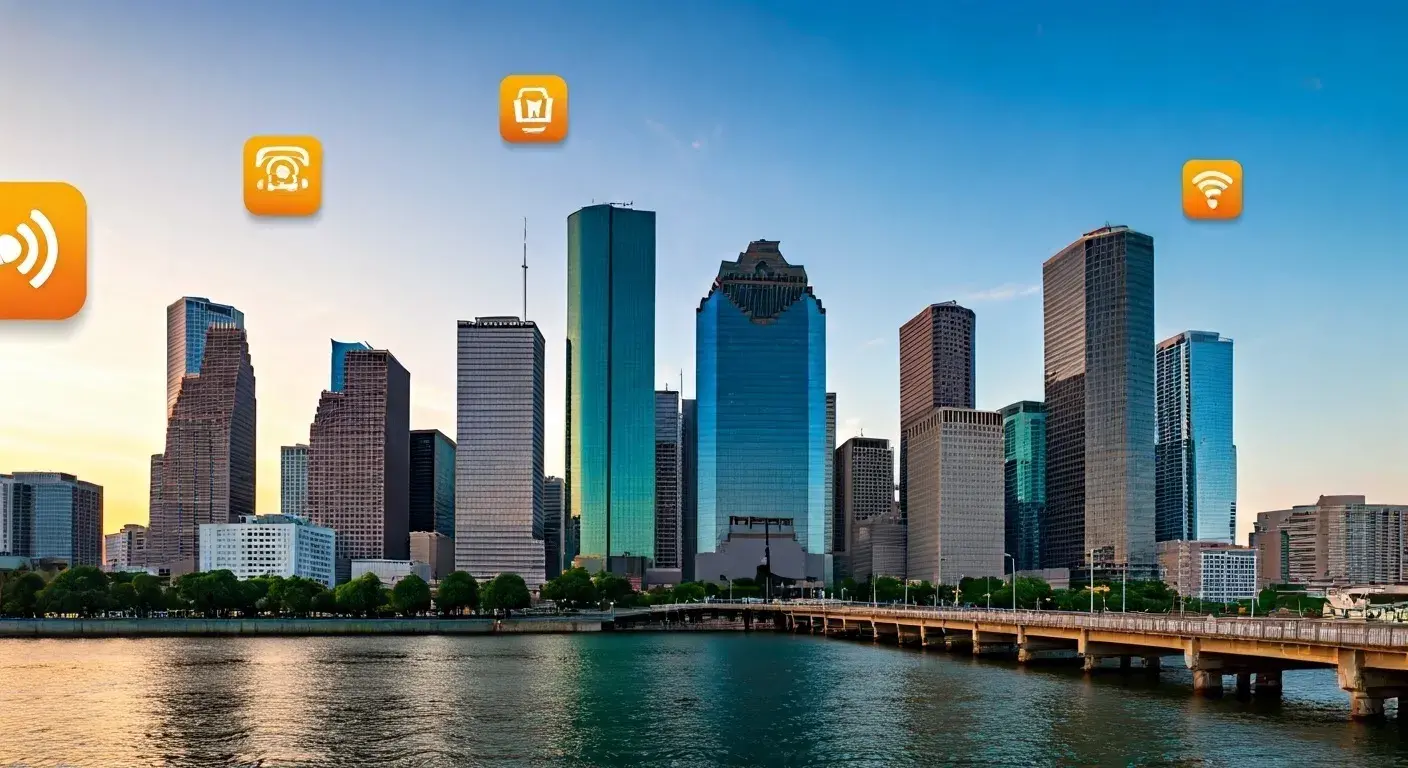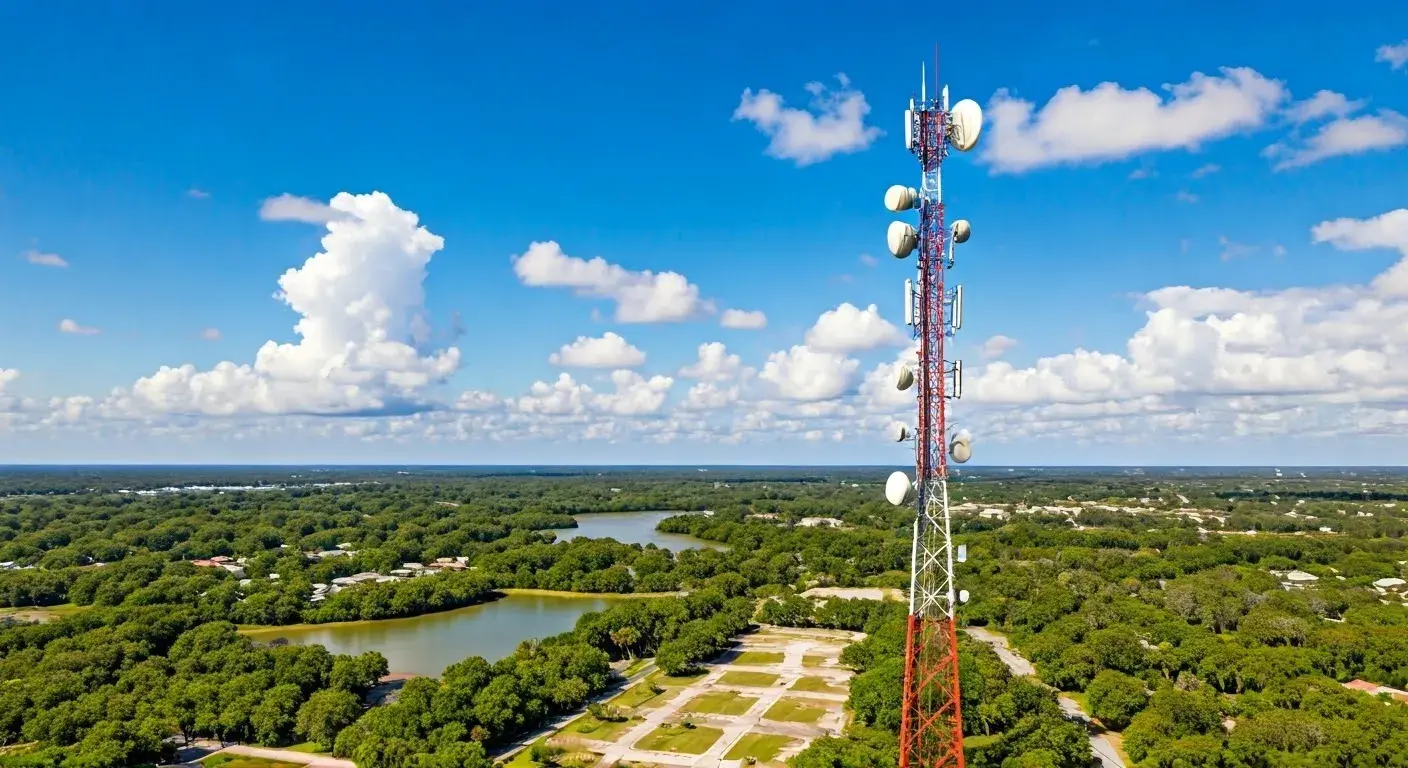
It is quite a challenge to decide which Internet service provider will best suit your home or office, with so many choices on the market. It has become an essential requirement in most homes and businesses hence the need to make a wise decision. Additionally, while deciding on which ISP to go with, one must consider the availability, internet speed, reliability, customer service, and internet service cost.
Availability
The first thing that one has to consider is what internet service providers are offering in the region. Some destinations could have few choices while others could have many, due to factors such as geographical distribution; rural stations are likely to offer fewer choices than urban ones. Another way is to also check which providers are available at your address by using BroadbandNow.com. In most regions, the broadband service is from cable providers like Xfinity or Spectrum. Many also have fiber with providers such as AT&T or Verizon within their homes or offices. Satellite internet can also serve those locations where no wired internet service providers exist in areas that are difficult to reach.
Speed
Internet speeds are not standard, but they are classified depending on the type of connection a user has. The current defining characteristic of broadband as set by the FCC is download speeds that are not less than 25 Mbps. In that case, it may be sufficient for slight usage by the light users but the households that stream many movies or indulge in online gaming may require higher speeds of up to 100 Mbps and beyond. Telephone companies or fiber and cable providers usually have a scale of speeds that may be chosen according to one’s needs. Avoid focusing on the download rate only, there is also the upload rate, which is useful when you want to for instance, upload pictures from your device to the internet.
Reliability
None of us enjoys having a bad connection that suddenly kicks us out during an important video conference or when watching our favorite show on Netflix. The reliability of this kind of technology is however affected by such factors as technology and the available capacity of the networks. Check out root metrics testing for independence or Consumer Reports rating on the number of up times and frequency. A fiber optic network is highly reliable and can give high speeds because it presents dedicated connections. Cable and DSL networks give access to a neighborhood and make use of existing phone lines, so speeds are slower in the evening. Satellite and fixed wireless can be affected by bad weather and sometimes experience network outages.
Customer Service
I had never seen the value of good customer service until I had a bad experience with something! For each provider, there is usually information about ratings and reviews, including how well they respond when there is a problem like an outage. Is there a technician for the home assignment and how soon will he be able to visit the home? What are the average times that the customers wait before getting through to the company? There are often early termination fees if you wish to change your carrier, is this a feature you would like to have? Make sure to read and comprehend all policies and support options available before you sign any agreements.
Cost
Well, the price is a key factor when it comes to selecting the internet service to use. Technically the costs of broadband connections depend on the type of connection as well as the speed range. The availability and pricing of gigabit fiber plans vary but could be $80-$100 per month. Fundamental or standard DSL service can start at just $20 per month but cannot support multiple connected devices streaming high-definition videos simultaneously. Many providers use introductory offers which only last for a short time for instance, for the first month or the first year only, when choosing a plan, therefore, it is wise to consider the actual cost of various plans. Do you have to go ahead and add $10 for their modem/router combo? Are there ways by which some of these hardware charges can be avoided through the purchase of equipment on your own? Read all terms carefully.
Best Internet Providers
Taking all these criteria into account, these providers emerge as leading contenders for best internet service across the country:
Xfinity – due to the extensive coverage, gigabit wireline connection using a cable modem, and great customer satisfaction scores, Xfinity can be considered one of the best options. It has quite affordable pricing and a list of speeds to choose from, also they have a lot of support articles for users. The main disadvantage can be seen in the lower levels of customer service satisfaction when measured through surveys and reviews.
AT&T – As part of ongoing network coverage expansion, AT&T has increased the delivery of fiber internet with a symmetric speed of up to 5Gig for $ 180. Their DSL service is slightly anemic in terms of speed but is cheaper. Reliability rates well and they offer excellent customer care contacts. The only downside is that you have to remember early termination fees if you decide to cancel before the specified contract period.
Verizon Fios – Verizon Fios takes the first place in the internet provider rankings due to the 100 percent fiber-optic network with a maximum speed of 940 Mbps. It is also a highly rated service when it comes to service delivery and reliability of its network. It is also one of the most positive aspects of customer service feedback. The main disadvantage will be its relative scarcity compared to the cable internet service providers at the moment.
T-Mobile 5G Home Internet – This is a wireless home internet service that is based on T-Mobile’s 5G cellular network instead of wired connections such as cable or fiber. It is beneficial where the more established wired internet companies do not offer service. While it is not as fast as fiber, the speeds average at around 100 Mbps which is suitable for downloading content, streaming videos, and gaming, among other activities. And did I mention, there’s no data cap here either?
Another type of Internet connectivity that can be mentioned is satellite Internet as it is based on satellite technology and can be used in regions where no wired Internet is available at the moment; Viasat, HughesNet, and Starlink are the most famous satellite Internet providers. Their speeds are not even near cable or fiber but with download speeds ranging from 25 – 100 Mbps, they can support basic internet usage. However, do it with the caution of high latency to avoid interference with real-time video chats and gaming.
Perhaps this brief breakdown offers you a clear roadmap of what to look for when conducting your research on internet providers in your area. To that extent, the appropriate provider largely depends on your geographical location, internet speed, and your pockets. Research to compare your needs against the strength of the provider available in the market for your confined and distinct condition. As more households continue to depend on the Internet for work, school, and entertainment, it is always a wise move to spend time and search for the best service!
Ready to experience fast, reliable internet? Call us now at (855) 210-8090 to find the best internet service providers near you. Don't miss out on incredible speeds and exceptional service—contact us today!
Read More:
What Is the Best Tv and Internet Service Provider?
What Is the Best and Cheapest Internet Service Provider?
What Is the Best Internet Provider in Arizona?
What Is the Best Internet Provider in Orlando?
What Is the Best Internet Provider in Puerto Rico?






